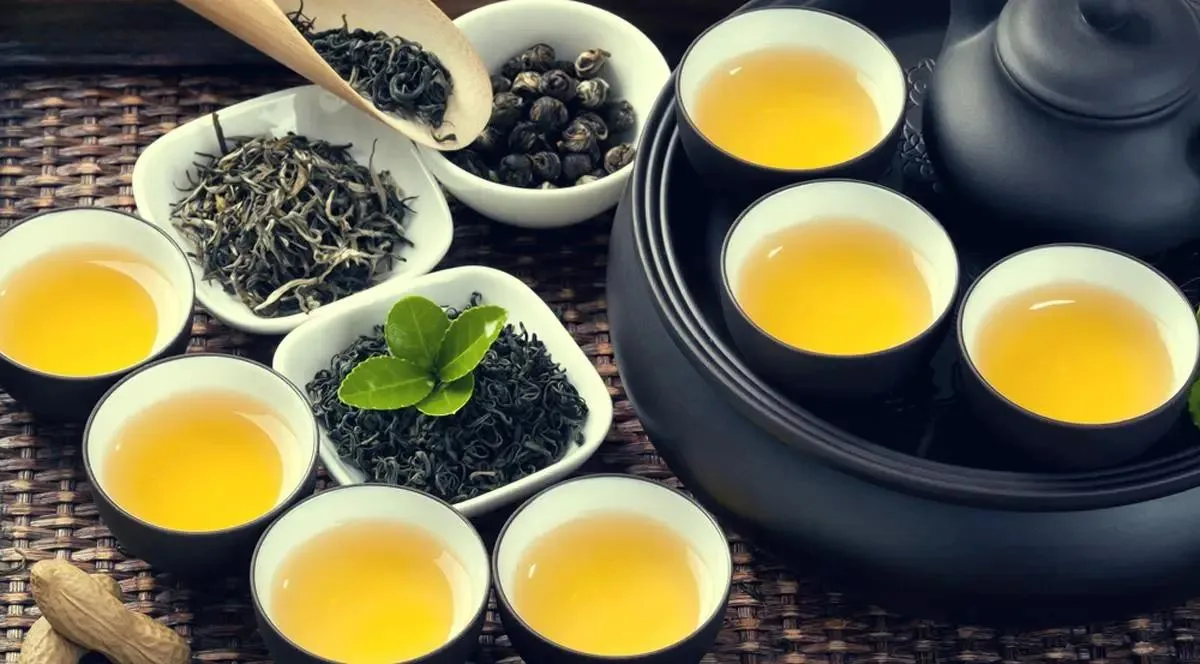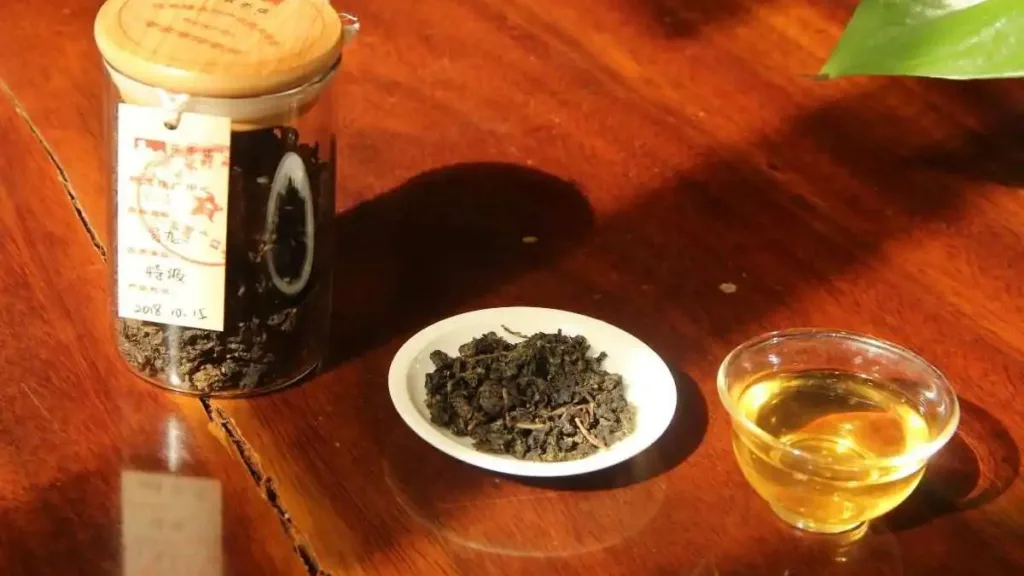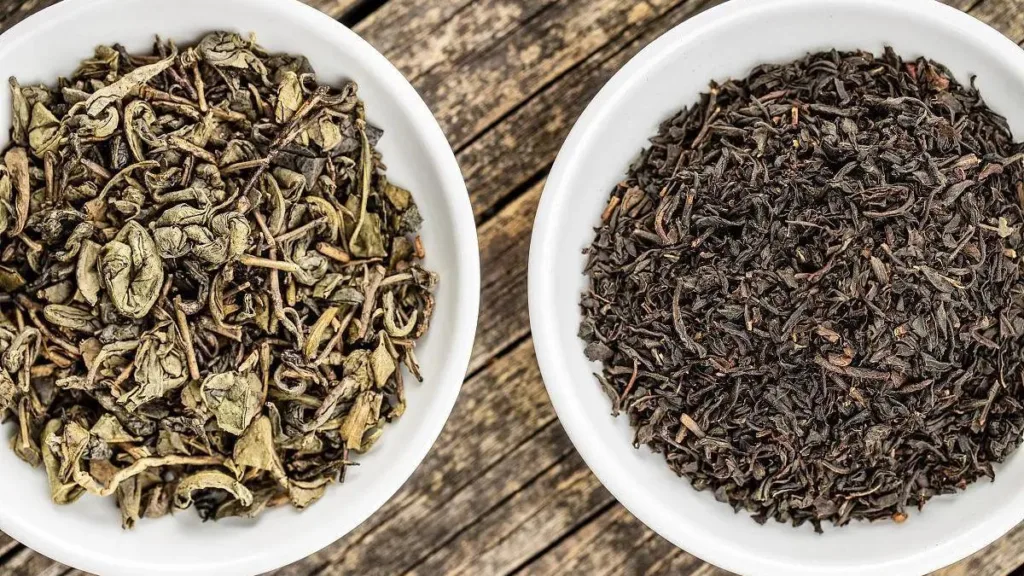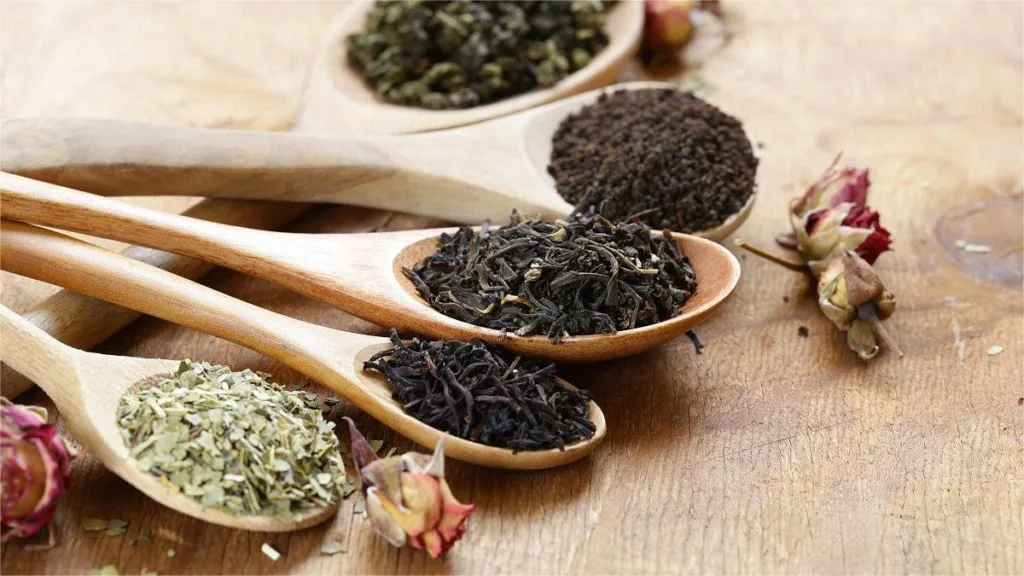Tea, an ancient beverage with a rich cultural history, has been cherished not only for its diverse flavors but also for its potential nutritional benefits. In this exploration, we will delve into the nutritional components of Chinese tea, examining whether it can be considered a dietary supplement. From antioxidants to vitamins and minerals, the world of Chinese tea unfolds as a potential source of essential nutrients.
I. Nutritional Components of Tea:
- Tea Polyphenols: Chinese tea, notably rich in tea polyphenols, serves as a natural antioxidant. These polyphenols protect the body’s cells from free radical damage, enhance immune function, and contribute to the slowing of aging processes.
- Amino Acids: Chinese tea contains abundant amino acids, with a key player being theanine. Theanine is known for its immune-boosting properties, memory and cognitive enhancement, and sleep improvement.
- Vitamins C and E: The presence of vitamins C and E in tea contributes to its antioxidant effects, shielding cells from free radical harm and slowing down the aging process.
II. Nutrient Variety in Tea:
According to scientific analysis, Chinese tea encompasses over 300 beneficial chemical compounds, including proteins, amino acids, fats, carbohydrates, various vitamins, minerals, and medicinal components such as tea polyphenols, caffeine, and lipopolysaccharides.
III. Nutritional Highlights of Green Tea:
- Cooling Effect and Skin Benefits: Green tea, recognized as a health elixir, not only provides alertness and fatigue relief but also offers skincare benefits. The vitamin C in green tea helps prevent skin aging and removes impurities, promoting a healthy complexion.
- Anti-Bacterial Properties: The polyphenols in green tea, particularly catechins, contribute to protecting the digestive system, preventing gastrointestinal tumors. Additionally, green tea mouthwash can prevent gum bleeding and eliminate oral bacteria, maintaining oral hygiene.
- Vision Health: Vitamins A, B1, and B2 present in green tea contribute to maintaining eye health and vision.
- Iron Absorption: Green tea, with iron content 18 times higher than hawthorn and 29.8 times higher than grapes, aids in preventing and improving iron-deficiency anemia.
- Radiation Protection: Green tea contains compounds capable of adsorbing radiation, making it suitable for individuals working extensively on computers.
IV. Nutritional Composition of Tea Leaves:
Tea leaves consist of proteins, amino acids, sugars, vitamins, inorganic substances, fats, aromatic compounds, tea polyphenols, tea pigments, purine alkaloids, tea polysaccharides, theanine, and tea saponins.
V. Mineral Elements in Tea Leaves:
Tea leaves contain essential mineral nutrients such as potassium, zinc, manganese, copper, aluminum, selenium, fluorine, molybdenum, and magnesium. However, it’s crucial to note that harmful metallic elements like arsenic, lead, cadmium, and chromium may also be present, although in trace amounts.
VI. Tea as a Source of Essential Vitamins:
- Vitamin C: Green tea, especially premium varieties like Longjing, contains vitamin C in significant quantities, surpassing the levels found in fruits like lemons and oranges.
- B-Complex Vitamins: The B-family vitamins in tea, including thiamine (B1), riboflavin (B2), niacin (B3), pantothenic acid (B5), and folic acid (B11), contribute to overall health. However, due to the water-insoluble nature of fat-soluble vitamins, consuming powdered tea in food products is recommended for optimal absorption.
VII. Protein and Amino Acid Content:
While only around 2% of the protein in tea is water-soluble and directly absorbable, the wide variety of amino acids, including essential ones, makes tea a supplementary source of these essential building blocks for the body.
VIII. Essential Minerals in Tea:
Tea leaves are rich in essential elements such as phosphorus, calcium, potassium, sodium, magnesium, sulfur, iron, manganese, zinc, selenium, copper, and fluoride. Regular tea consumption can contribute significantly to meeting the body’s mineral needs.
Conclusion:
In conclusion, Chinese tea stands out not only for its diverse and exquisite flavors but also for its remarkable nutritional profile. From antioxidants to vitamins and minerals, tea offers a myriad of health benefits. While it may not replace a balanced diet, incorporating Chinese tea into one’s routine can certainly contribute to overall well-being. So, is Chinese tea a dietary supplement? The answer seems to be a resounding yes, as it emerges as a natural source of essential nutrients and a delightful way to promote health and longevity.



